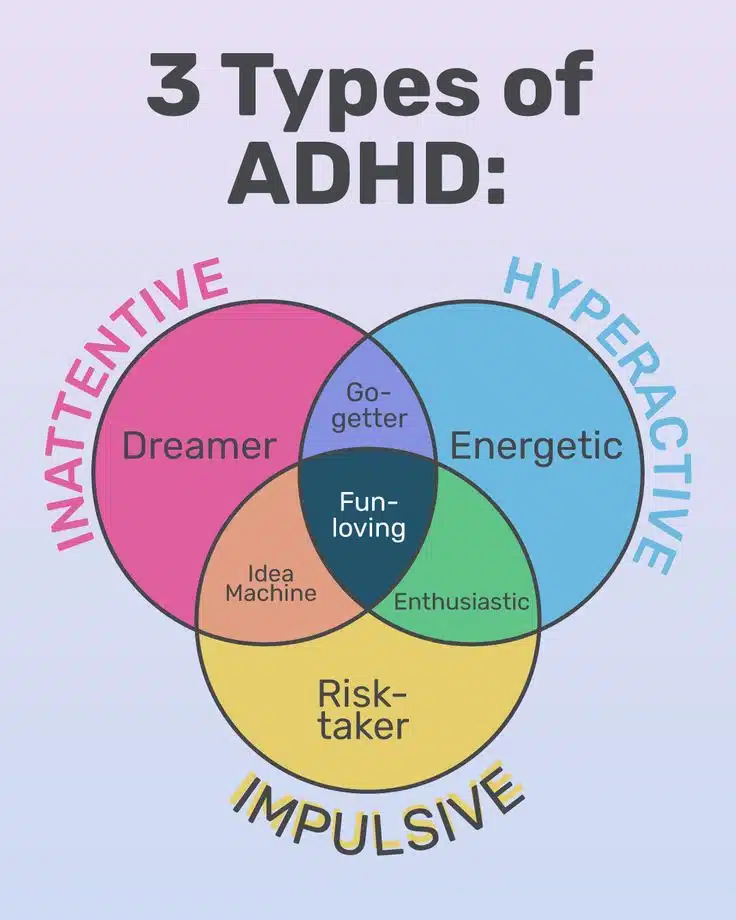While Alpha-Amino Acid supplements are generally safe and well-tolerated, like any supplement, they can potentially cause side effects. However, the good news is that side effects from Alpha-Amino Acid supplements are usually mild and temporary. Here are possible side effects:
- Gastrointestinal Issues: Some children may experience mild gastrointestinal issues such as stomach discomfort, bloating, or diarrhea after taking Alpha-Amino Acid supplements. These adverse effects can be mitigated by lowering the dosage or taking supplements with food.
- Allergic Reactions: In rare cases, children may be allergic to Alpha-Amino Acid supplements. Allergic reaction symptoms may include itching, rash, hives, or difficulty breathing. If your child experiences these symptoms, stop the supplement immediately and seek medical attention.
- Interference with Other Medications: Certain drugs, such as blood thinners or thyroid treatments, may interact with alpha-amino acid supplements. Talk to your healthcare provider before starting your child on any new supplement regimen.
While side effects from Alpha-Amino Acid supplements are possible, they are usually mild and temporary. By working with a healthcare provider, you can ensure your child gets the appropriate dosage and monitor for any potential side effects.
In conclusion, Alpha-Amino Acid supplements can benefit children with special needs, improving focus, memory, and overall brain health. While potential side effects exist, they are typically mild and temporary. Along with medication, assistive technology like Goally can also be useful for children with conditions that Alpha-Amino Acid supplements may help, providing fun and engaging apps to help them build life and language skills.










